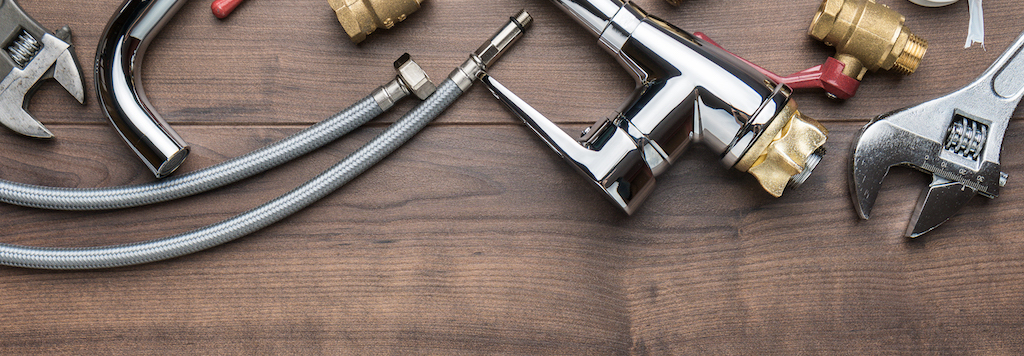
Your tenants have needs — including maintenance on the space that they rent from you. If you’re lucky, you have reliable contractors who are always available when your tenants need them. However, you may have a maintenance contractor with a busy schedule and takes awhile to get to minor issues. Instead of making your tenants wait, improve your landlord-tenant relationship by handling some small repairs on your own. While you may also offer tenants the option of handling small-scale repairs, it’s better for your peace of mind and quality assurance to take care of all repairs. When attempting repairs on your own, it’s vital to know building codes and other regulations in your region. After reviewing those, you can handle simple maintenance tasks quickly and efficiently.
1. Minor Cracks in Cement
There are a few repair options for small cracks in the cement or mortar of a sidewalk or brick staircase. Mortar cement is a type of material that allows you to repair cracked pieces without chipping it away from the base material and setting it up again. This is particularly useful for securing bricks back into place on a walkway, and handling smaller cracks. If you have large-scale cracks, mortar mix is not particularly hard to apply to the affected areas, although chiseling off the existing mortar may take some time.
2. Minor Plumbing Issues
You don’t need a plumber for every minor problem you run into. A common issue among tenants is a clogged drain. There are a few options for taking care of clogs, but one of the easiest is to use a hair catcher. This is a long, thin piece of plastic with teeth on the sides that you simply put down the drain and then pull back up. The teeth are barbed on one side and catch all the hair stuck in the drain. A hair catcher handles clogs that some caustic cleaners aren’t able to break through.
3. Drywall Repair
Scrapes and minor holes are part of normal wear and tear on a rental unit. While these are not usually high-profile repairs that affect your tenants’ quality of life, it is still important to address them. Wall repair kits allow for quick set up, sanding and painting. While these kits take different forms, one of the most common types provides wire mesh to go over the hole. This mesh is then covered with spackle material, which hardens and covers the hole in the wall. Once the spackle sets for 24 to 72 hours, it can be sanded down and repainted to match the rest of the wall.
4. Air Filter Replacement
If you have a central heating and cooling system, you have air filters located behind the vents in each room in the house, which often get overlooked. A dirty filter affects the air quality of your rental unit, and in some extreme cases can lead to allergic reactions from your tenants. Replacing the air filters only requires the simple removal of the vent cover and swapping in the new filter, which installs without additional tools. Consult the manufacturer’s instructions to determine how often filters need to be changed.
5. Water Heater Adjustments
Your tenant may complain about water that is too hot at the top end, or too cold overall. If they have access to the water heater, they may want to adjust it on their own. Since the water heater is an expensive piece of equipment and you may need to adhere to temperature guidelines set by local building codes, handle this type of request yourself. This also gives you the opportunity to check on the water heater for routine maintenance, helping you identify any potential problems down the road that you may need an experienced repairman to come fix.



